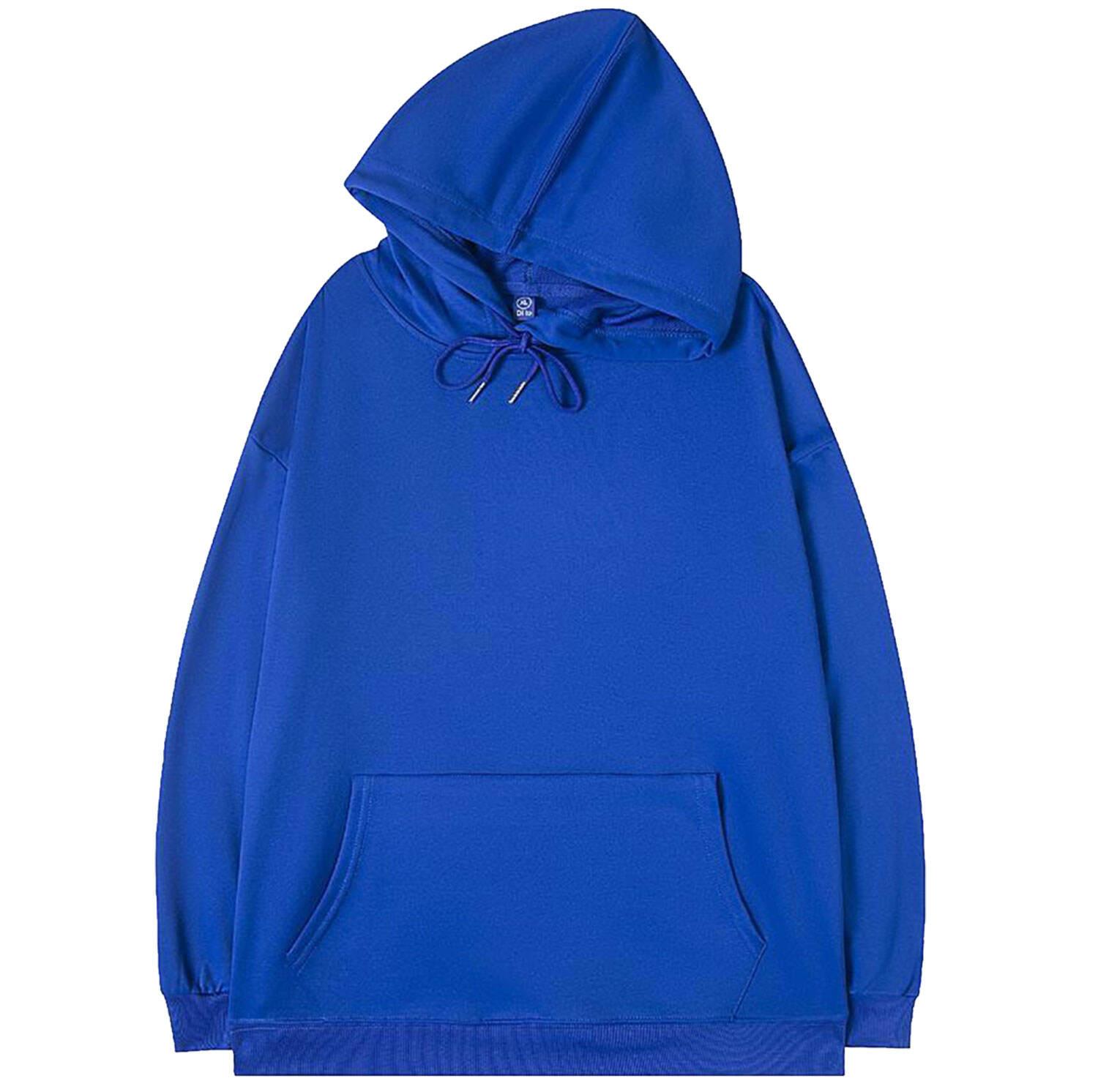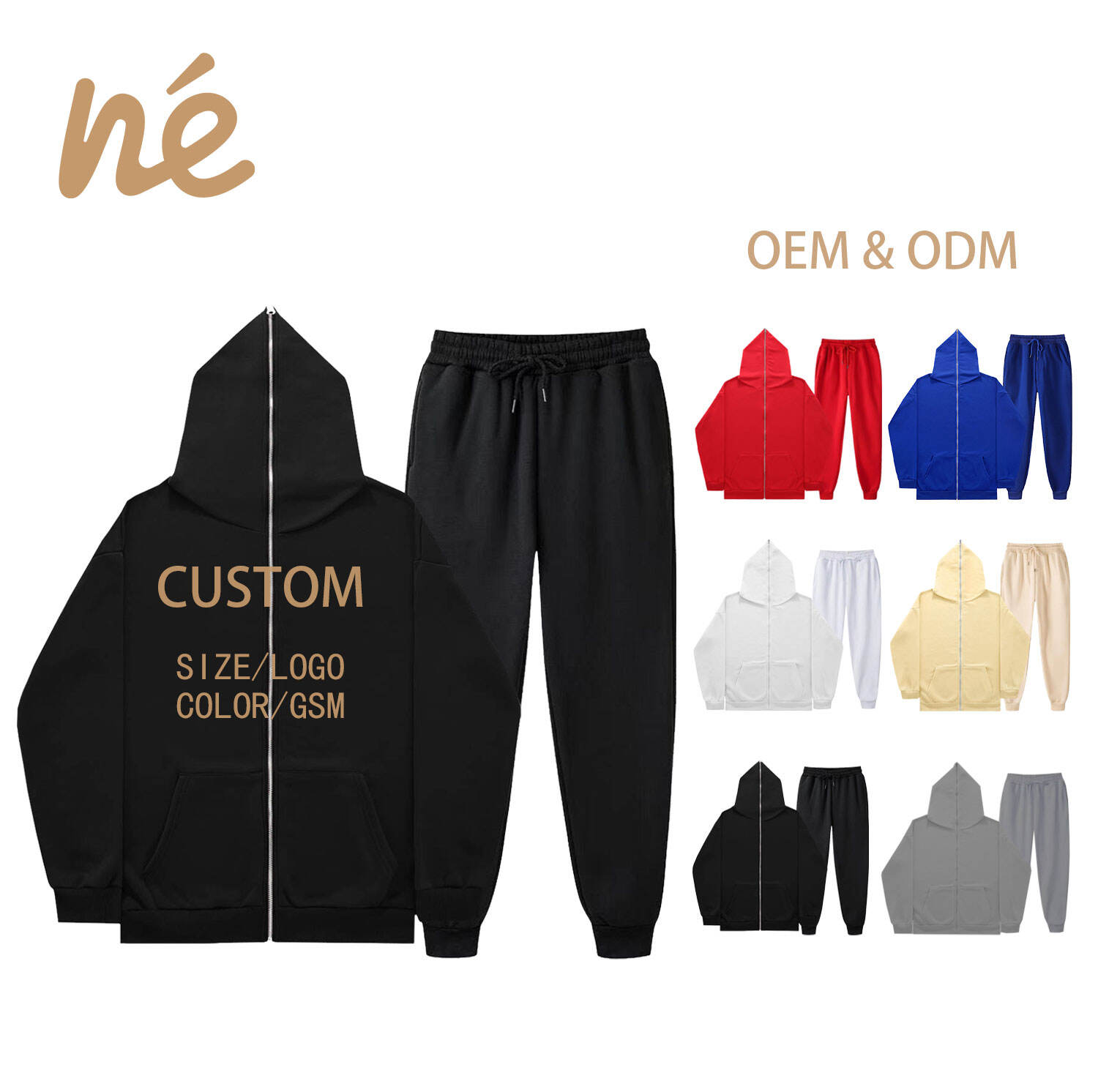largest clothing manufacturers in the world
The largest clothing manufacturers in the world represent the pinnacle of global textile production and fashion industry leadership. Companies like Nike, Inditex (Zara), H&M, and UNIQLO have established massive production networks spanning multiple continents. These manufacturing giants employ state-of-the-art technology, including automated cutting systems, computer-aided design (CAD), and advanced inventory management systems. They operate through a complex supply chain network, incorporating everything from raw material sourcing to final product distribution. Their facilities utilize modern manufacturing techniques such as lean production methods, quality control systems, and sustainable practices. These manufacturers have pioneered fast fashion production capabilities, enabling them to respond rapidly to changing market trends. They maintain extensive research and development departments focused on innovative fabric technologies, sustainable materials, and production efficiency improvements. Many have integrated vertical supply chains, controlling everything from design to retail, which allows for better quality control and faster market response. Their global presence enables them to optimize production costs while maintaining high-quality standards through strategic facility locations and advanced logistics networks.










